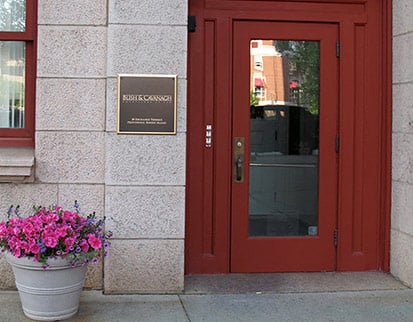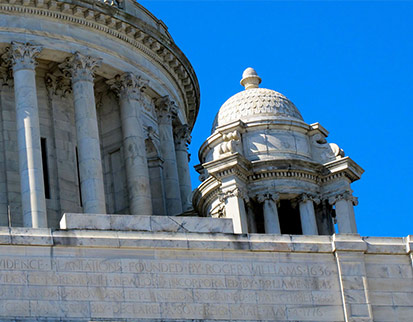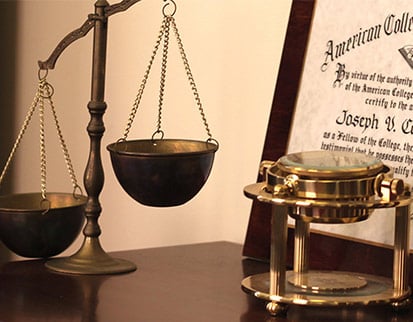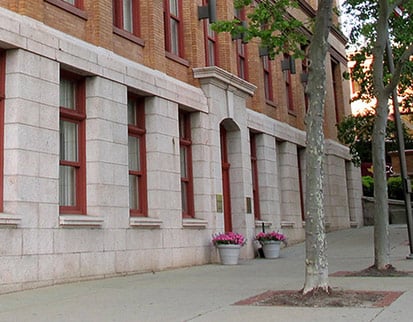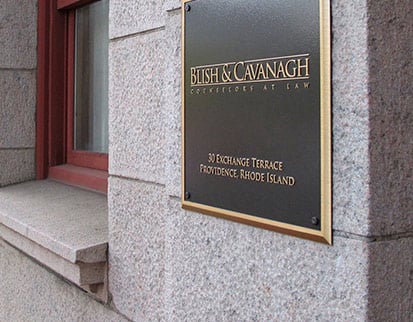An individual is likely to be navigating some level of debt when they pass away. For example, maybe an individual owns their home and owes property taxes. Maybe they haven’t paid their income taxes for the year. Perhaps they’ve been using their credit card for daily purchases, and there’s an outstanding balance.
There are plenty of examples of small or even large debts that could be owed when someone passes away. Family members sometimes worry that these debts are going to be passed on to them. Some adult children are very worried about inheriting so much debt that they won’t be able to afford it.
An estate administrator handles the debts left behind
The person who is in charge of navigating debt resolution and asset distribution is the estate administrator. They may also be called the estate executor, in some cases. Regardless of their title, they are the person who has been put in charge of handling the estate in accordance with either an individual’s estate plan or state law. A will may list which assets are supposed to go to which person, for instance, and it is the executor’s job to inventory those assets and then help distribute them.
In terms of debt, the administrator does have to pay back what they can of that debt. But they don’t have to do this personally, using their own money. Instead, they’re able to use the money that is left in the estate. In theory, this means that the heirs do not inherit a loved one’s debt and will not be obligated to pay it off. Unless they are co-signers on a loan or something of this nature, a deceased’s debt does not become theirs. The only loss that they may see is that they will inherit less money than is listed in the will if more of that money is needed to pay off the first. Heirs may feel like they are getting less, but they don’t have to pay personally.
A complex process
That is just one area in which probate can become rather complicated. Those who are involved in this process need to be well aware of the legal options at their disposal. Seeking legal guidance is a good place to start.


